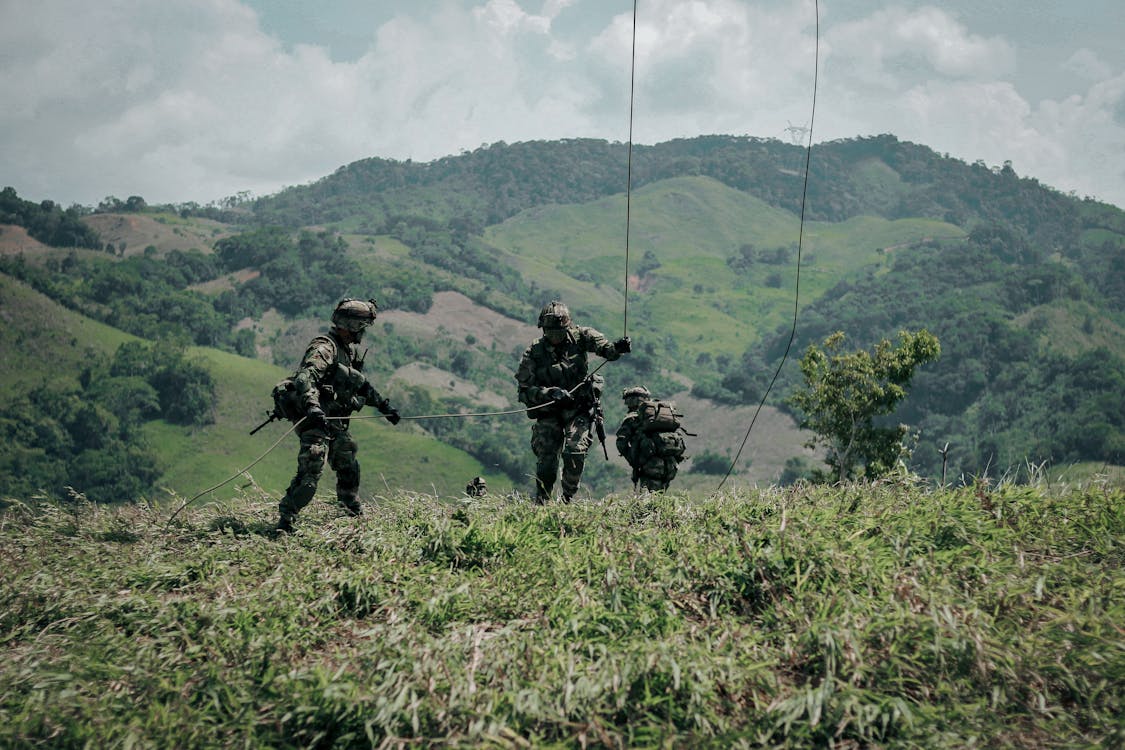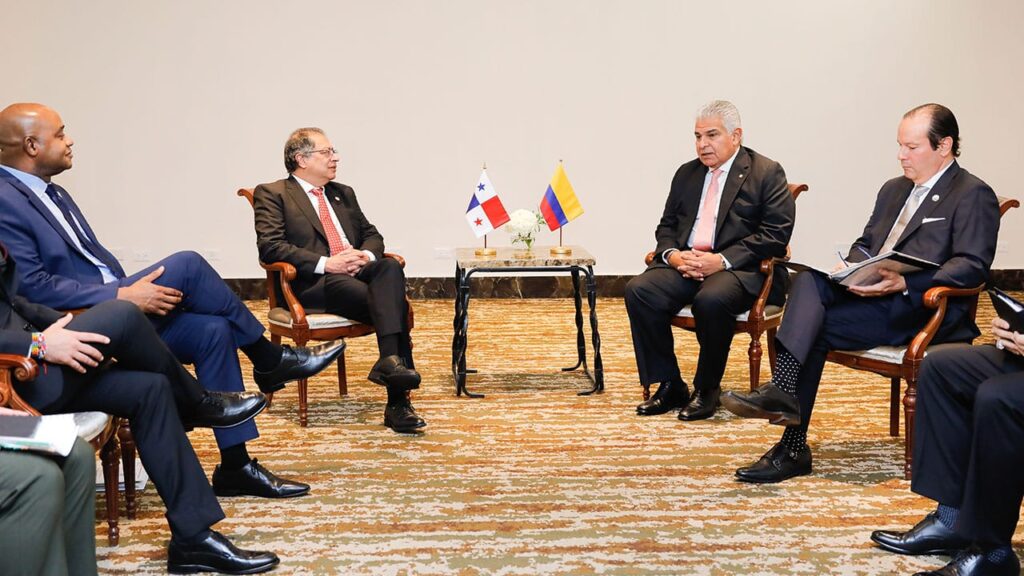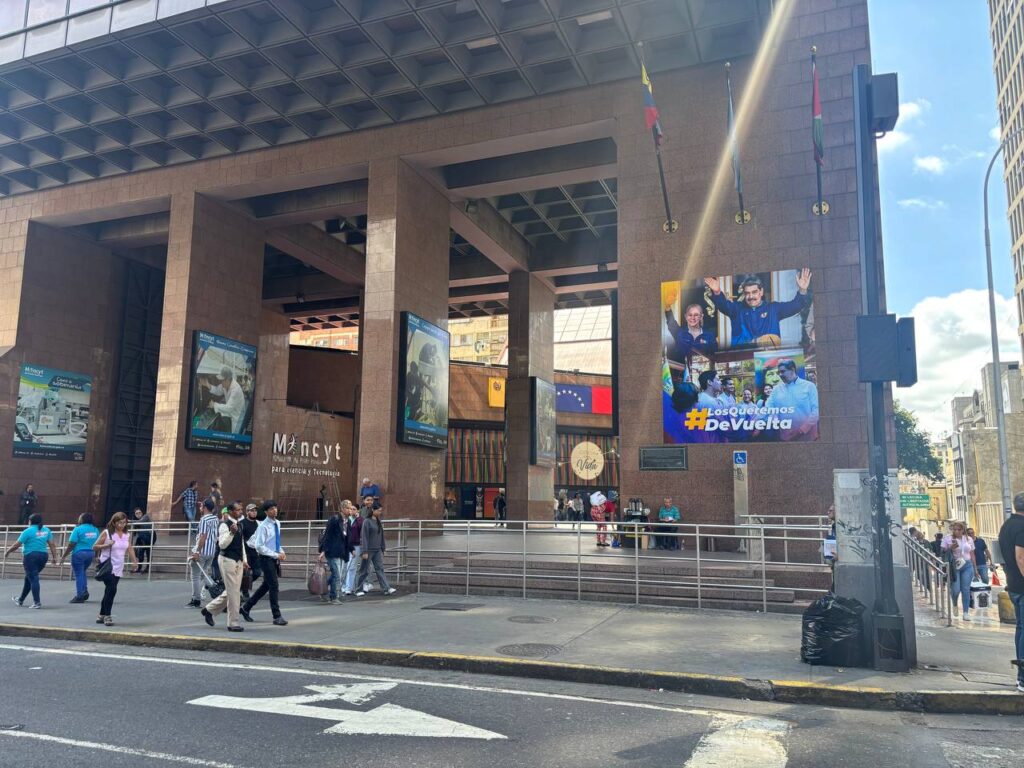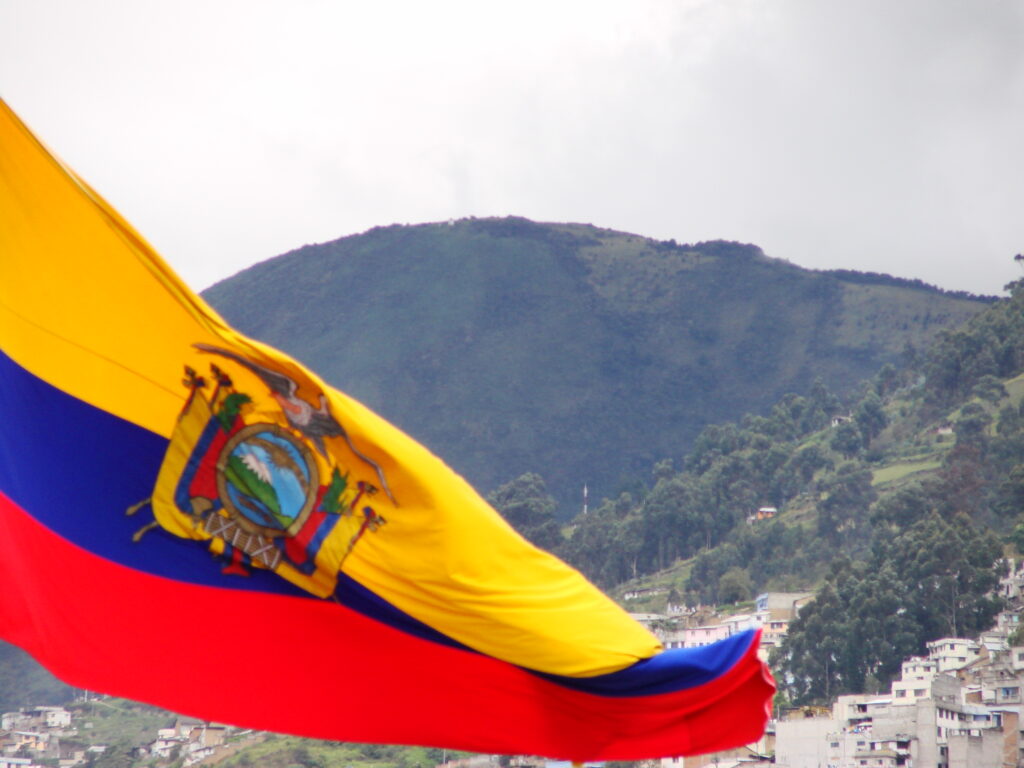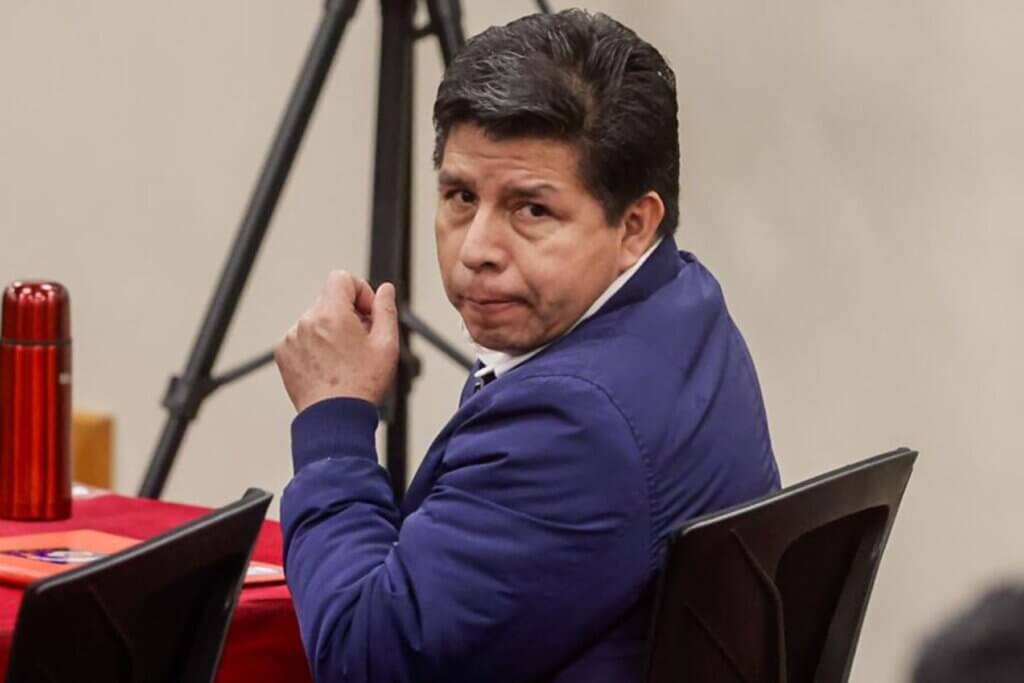Colombian mercenaries have long been fighting in conflicts across the globe, from the Middle East to Africa and Eastern Europe.
The trend has drawn international attention, particularly after recent revelations about their involvement in the war in Sudan. In early December, Colombia’s Minister of Foreign Affairs, Luis Gilberto Murillo, issued an apology for the role of Colombian mercenaries in Sudan, following an investigation by news outlet La Silla Vacía.
The investigation found that over 300 former Colombian soldiers were already in Sudan or travelling there from Libya, where they were to join forces with the Rapid Support Forces (RSF): the paramilitary group responsible for the April 2023 coup d’état which sparked a civil war and led to tens of thousands of deaths.
La Silla Vacía’s investigation revealed that many of the Colombian soldiers in Sudan were hired by Colombian company International Services Agency A4SI (Academy for Security Instruction), who reportedly misled the recruits, telling them that they would be providing security services to oil infrastructure in the United Arab Emirates. The UAE has been accused of providing the RSF with arms; claims which it has recently denied.
A relative of Colombian mercenary Corporal Diego Edison Hernández, who was killed in Sudan, told news magazine Semana in October that the company which recruited the soldier was withholding information about the circumstances surrounding his death. The relative also expressed concern about a “lack of information” regarding the repatriation of Hernández’s body.
Colombian mercenaries like Hernández, renowned for their military expertise, have become a global presence in modern conflict zones, from Sudan, to Yemen and Ukraine. Motivated by economic opportunity and recruited by private entities, many have found themselves deceived, exploited, and in legal grey areas. One expert has called Colombia an “early adopter” of mercenarism, ahead of a future which could see a global increase in mercenaries fighting outside of their homelands, serving for wealthy private entities.
Colombian mercenaries contracted by the UAE, deployed in Yemen
A report from Le Monde diplomatique puts the number of Colombian mercenaries who have fought in the Middle East during the past decade at approximately 10,000. The majority of these are said to be former soldiers and to have been hired by the UAE.
In 2015, The New York Times revealed that the Emirati military had orchestrated the deployment of 450 Latin American mercenaries to Yemen, hundreds of which were Colombian, where they were to fight against the Houthi rebels. The UAE was found to be paying the mercenaries deployed in Yemen monthly salaries of up to $7,000 (taking into account their baseline monthly salaries of between $2,000 and $3,000 and the weekly $1,000 bonus they were said to receive): a stark contrast to the $400 per month they could expect to earn in Colombia at the time.
Mercenaries were reportedly promised other benefits, including immediate Emirati citizenship to surviving mercenaries and their immediate families, access to UAE health benefits, and guaranteed education for their children.
Colombian mercenaries and the assassination of Haitian President Jovenel Moïse
In July 2021, Haitian President Jovenel Moïse was assassinated. The former president was reportedly shot 12 times, had his left eye gouged out, and had suffered broken bones to his arm and ankle. Of the more than 40 suspects arrested, 18 were Colombian, accused of being members of a mercenary squad.
In October 2023, retired Colombian army officer Germán Alejandro Rivera García was sentenced to life in a U.S. prison for his role in the assassination. According to Colombian authorities, Rivera was paid $50,000 for co-plotting the president’s assassination
Other figures sentenced to life in U.S. prison are former Haitian senator John Joel Joseph, who was in May 2022 extradited from Jamaica to the U.S. for trial; Haitian-Chilean businessman Rodolphe Jaar, who was extradited from the Dominican Republic to the U.S. in January 2022; and Joseph Vincent, a former informant for the U.S. Drug Enforcement Administration.
On January 13, a Haiti judge postponed a hearing for 19 of the suspects, 17 of which are Colombian, until later in the month. The reason for the postponement is unknown, according to the Associated Press. As things stand, more than 40 suspects have been arrested for their role in the assassination, but nobody has been brought to trial in Haiti.
Colombian mercenaries in Ukraine
In November of last year, Colombia’s foreign minister said that approximately 500 Colombians are estimated to have travelled to fight alongside Ukrainians against Russian forces, many motivated by wages of between $3,000 and $4,000 per month. He said at the time that around 300 Colombian mercenaries had been killed in the conflict.
Some mercenaries deployed in Ukraine have complained about the treatment to which they have been subjected. Among these is retired Colombian soldier Yeison Sánchez, who told El País that he was promised $4,300 a month to fight alongside the Ukrainian army. Instead, the pay he actually received was significantly lower. Sánchez also recalled being subjected to mistreatment, saying: “We were locked up. They would take us out at dawn to do push-ups as punishments for some of our colleagues speaking Spanish to the locals.” He deserted after six months.
Manuel Barrios, another Colombian who decided to fight alongside Ukrainian forces after a bank threatened to repossess his home in Colombia, was killed in a missile strike, 20 days after arriving at the front. While Ukrainian law states that families of servicemen killed in combat are entitled to a payment of $411,000, his wife explained to The New York Times that she could not afford a lawyer or a plane ticket to Ukraine to file the compensation claim in person. The bank continues to threaten her with repossession of the house in which she and their three children live.
Colombia: “an early adopter” of a growing industry
Dr. Sean McFate, an expert on international relations, Senior Fellow at think tank the Atlantic Council, and regular advisor to the Pentagon and CIA, told Latin America Reports that Colombian mercenaries can be found “anywhere there’s a conflict market.”
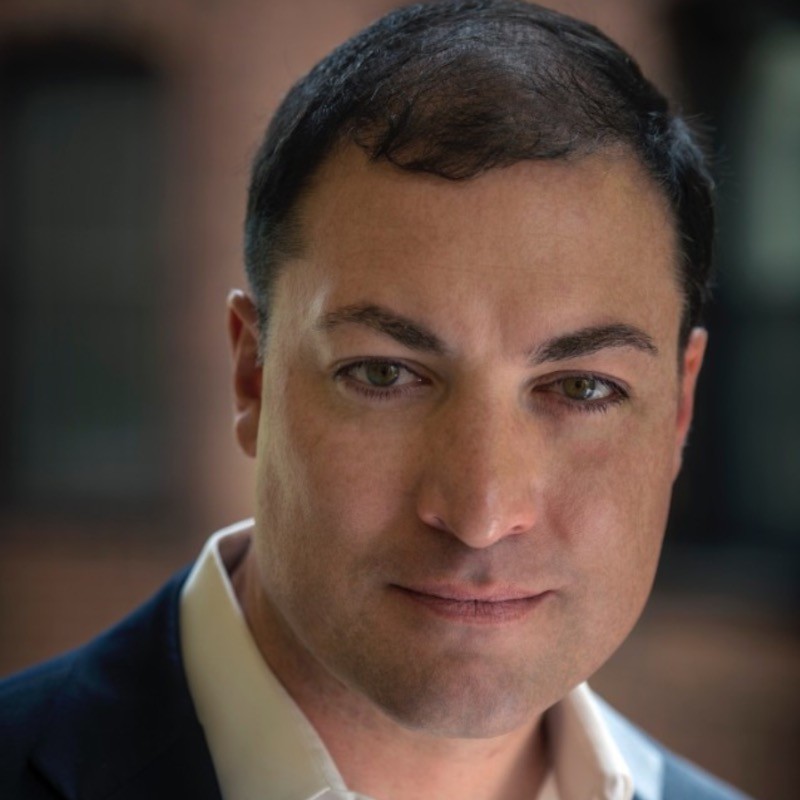
He added that mercenaries are particularly recruited by wealthy countries which “want to wage war but don’t want to bleed themselves,” and that Latin American mercenaries are sought after for a variety of reasons. Among those are that Latin American mercenaries, who McFate says hail from countries such as Guatemala and El Salvador as well as Colombia, will work for lower wages, are often “very good soldiers”, and have in many cases been trained by U.S. special forces. McFate added that they “obey orders”, are “loyal to the paycheck”, and “have no interest in local politics”: characteristics which benefit their employers.
In Colombia specifically, McFate said that mercenarism becomes an option for members of the special forces once they reach a “certain experience level,” adding that there are “professional webs of supply” which “meet demand and vice versa”.
However, he noted it is common for soldiers to find themselves in unexpectedly difficult circumstances, particularly given that their passports are regularly confiscated. McFate explained that such practices are hard to prevent or put an end to, given that “international law can’t stop it” and there are only “very vague” laws surrounding mercenarism.
In the future, McFate thinks mercenarism will grow increasingly widespread, and particularly expects “super rich” individuals and organizations to be hiring mercenaries. “By the end of the century, I expect war to be largely privatized,” McFate said, adding that he expects to see a heightened “diffusion of power in the international system to non-state actors.”
McFate described Colombia as an “early adopter” of mercenarism and added that the country will likely continue to “capitalize” on the growth of the industry, while mercenaries from other countries will also become more prevalent.


